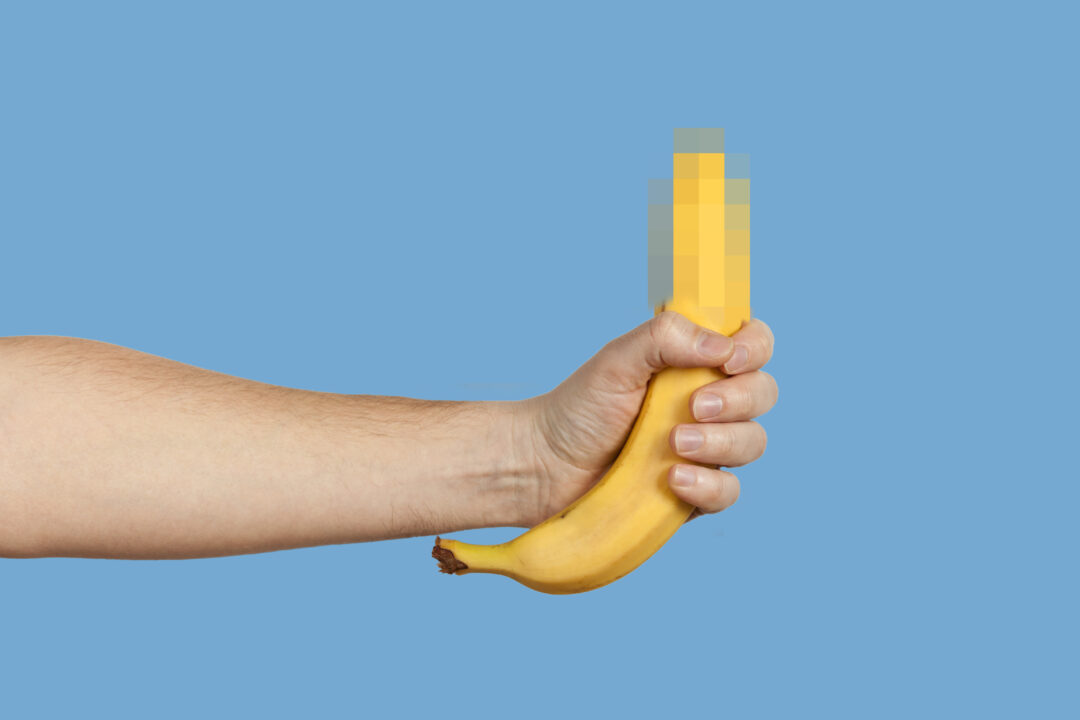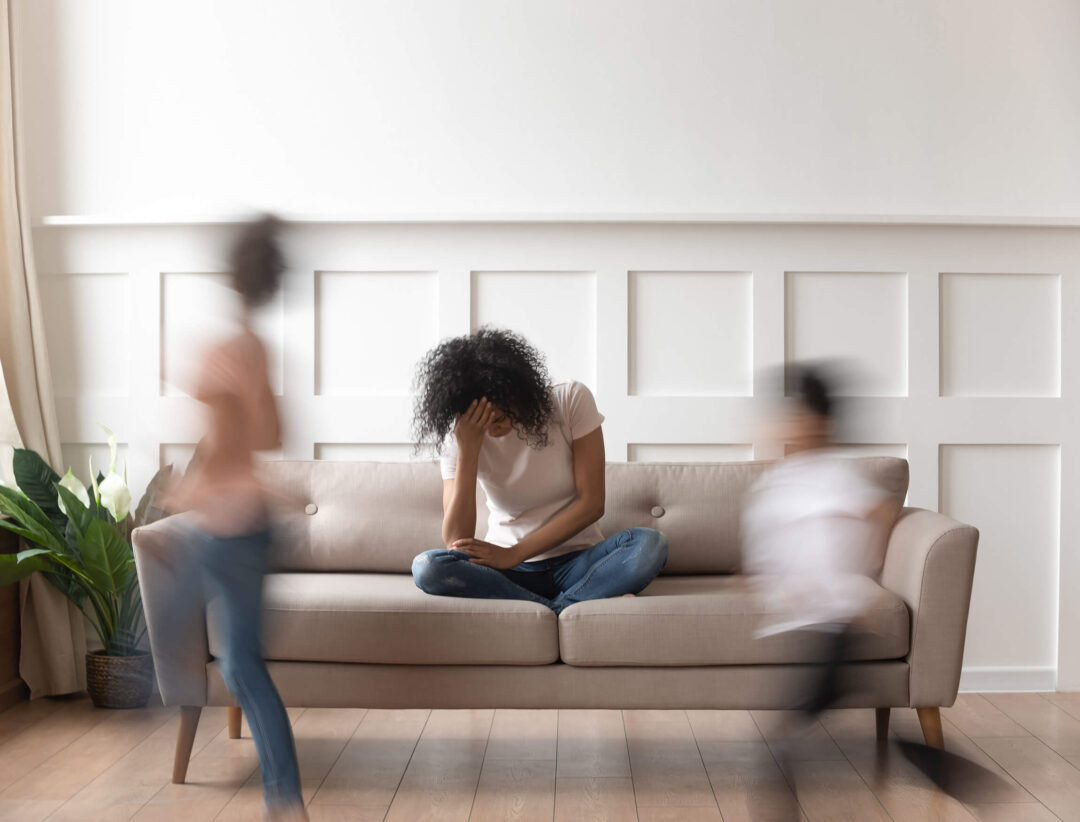No two parents raise their children the same way. But most fall within a few specific types of “parenting styles” that are easier to predict and understand. No matter what your style might be, it’s important to recognize how it might affect your children.
With summer fast approaching, recognizing your personal parenting style is more important than ever. Your kids will be home more, and your schedule might change. So, how can you use your style to make the summer (and beyond) productive, peaceful, and positive for everyone?
Let’s look at a few common parenting styles and how they can affect your children. If you notice any characteristics of your own style, use them to everyone’s advantage, and try to steer away from the “cons” of any particular style.
The Love and Logic Style
One of the most popular parenting styles is “Love and Logic.” This style is largely based on letting your children grow and learn through their experiences and mistakes. It doesn’t mean you don’t offer guidance and support. But you use love and empathy to offer consequences for their actions.
This style also allows children time to think about their actions before consequences occur, giving them the opportunity to “come clean” and take responsibility for negative actions.
There are a few key components to this particular method, including:
- Never embarrassing your child for mistakes
- Focusing on their strengths
- Avoiding lectures
- Listening
With Love and Logic, you can be attentive without being overbearing or dismissive. For many, it offers the best of both worlds.
“Helicopter” Parenting
Have you ever been called a “helicopter” parent? Maybe your own spouse or partner has even brought it up before.
Parents who fall into this category tend to hover over everything their children do. They rarely let their children make their own decisions, or they are so frightened about something happening to them they don’t allow their kids to be involved in much.
Helicopter parenting can keep your kids safe and secure. However, there’s a cost: it’s harder for them to learn on their own. Eventually, they might not know how to effectively handle a mistake, hardship, or rejection.
This summer, as your children have more free time, try to loosen the reins a bit and “fly” a little further above the ground from your children.
A Laissez-Faire Style
Wanting your children to be happy isn’t a bad thing, but that doesn’t mean you need to be uninvolved. A laissez-faire parent tends to “go with the flow” and lets their children do whatever they might want.
Your kids might love that, of course. But, again, they aren’t learning how to handle hardships. Additionally, they might not do well in the future in school or at a job when they’re told what to do.
Finding a balance between your children’s happiness and disciplining them effectively is crucial. It’s okay to be a bit more relaxed, though you still want to find a disciplinary and guidance style that works for you.
Authoritarian Parenting
On the other side of the laissez-faire style of parenting is the authoritarian style. You might feel the need to be more structured and disciplinary— especially during the summer. Nevertheless, if your parenting style doesn’t allow for any flexibility, you could be doing yourself and your children a disservice.
Authoritarian parenting, again, doesn’t really give children the chance to work things out for themselves. If they make a mistake, you might discipline them before they get a chance to even own up to it or work through their own consequences.
While it’s important to guide your children and keep them responsible for their actions, too much authoritarianism in parenting can be harmful.
There are other parenting styles, of course. There are also combinations to consider. Either way, keep in mind that the way you parent absolutely affects your children. When you think about that, it can be a little easier to reel in your extremes and find something a bit more balanced.


